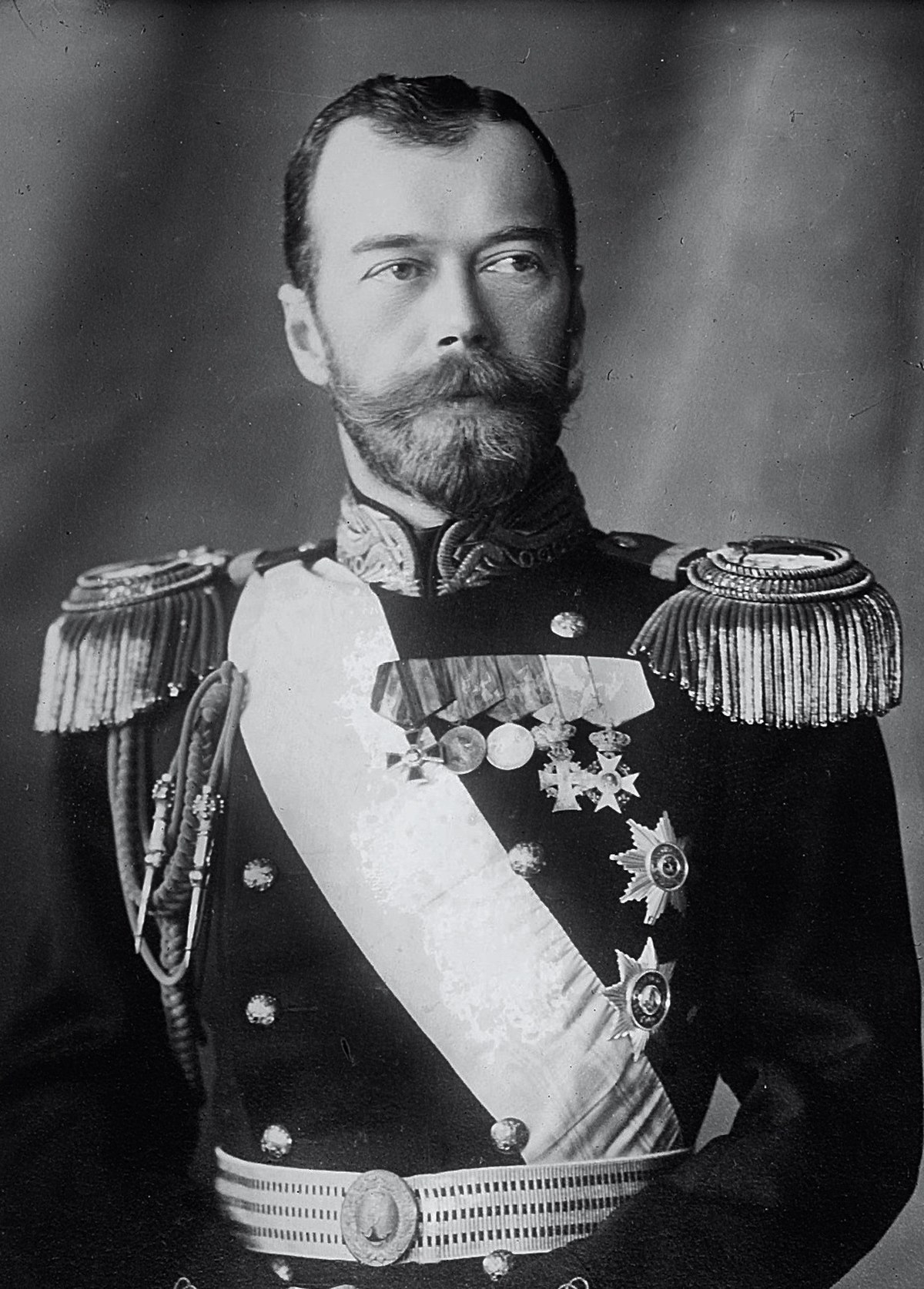
Growing Opposition
RussiaMany sections of the country had reason to be dissatisfied with the existing autocracy. Nicholas II was a deeply conservative ruler and maintained a strict authoritarian system. Individuals and society in general were expected to show self-restraint, devotion to community, deference to the social hierarchy and a sense of duty to the country. Religious faith helped bind all of these tenets together as a source of comfort and reassurance in the face of difficult conditions and as a means of political authority exercised through the clergy. Perhaps more than any other modern monarch, Nicholas II attached his fate and the future of his dynasty to the notion of the ruler as a saintly and infallible father to his people.
Despite constant oppression, the desire of the people for democratic participation in government decisions was strong. Since the Age of Enlightenment, Russian intellectuals had promoted Enlightenment ideals such as the dignity of the individual and the rectitude of democratic representation. These ideals were championed most vociferously by Russia's liberals, although populists, Marxists, and anarchists also claimed to support democratic reforms. A growing opposition movement had begun to challenge the Romanov monarchy openly well before the turmoil of World War I.
